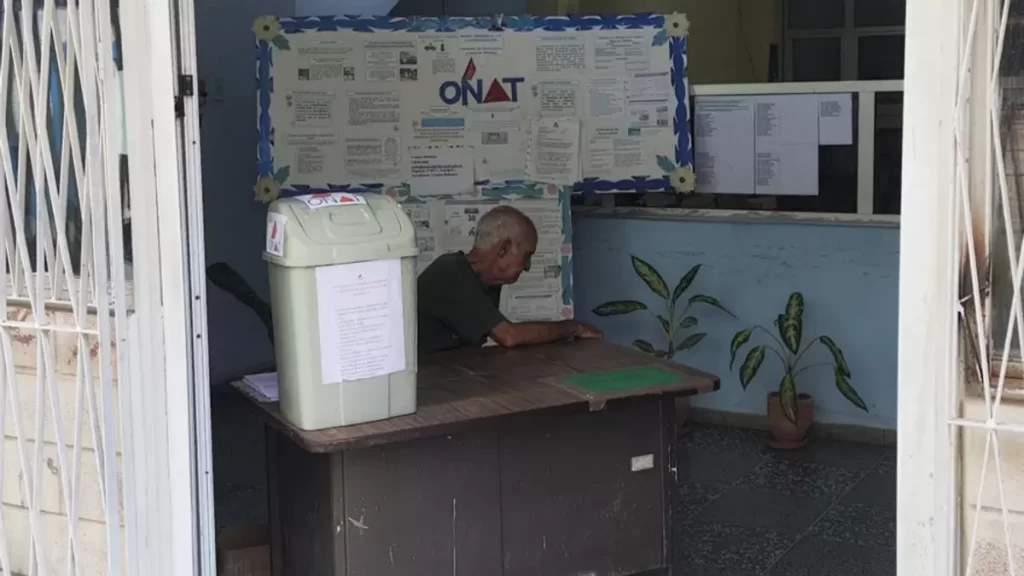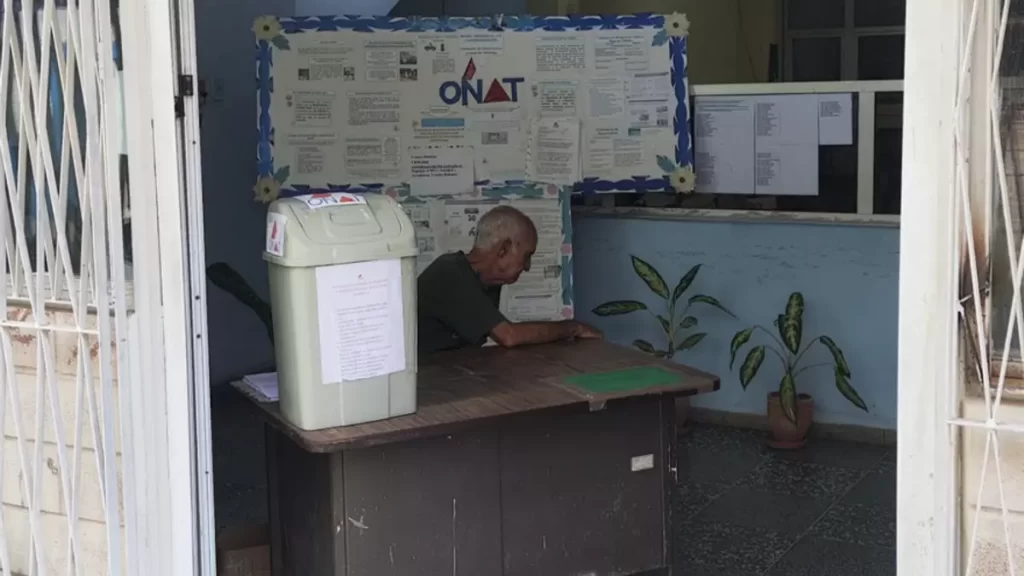Diplomarket is suspected of being closed, like others, for tax evasion

14ymedio, Madrid, 10 July 2024 — The Cuban State does not know how much money it fails to receive due to tax evasion, although only until June it had already identified more than 162 million pesos, which, without a doubt, falls short. This Wednesday, the official press dedicated two dense articles to characterize this type of crime, thanks to which it is known that until the end of March, 210 reports of complaints were issued, of which 117 have been analyzed.
There are, however, only six final sentences: two in Ciego de Ávila, two in Camagüey, one in Santiago de Cuba and another in Holguín. “We are still dissatisfied and, above all, we have to be more agile when working on these procedures”, said Belkis Pino Hernández, first deputy head of the National Tax Administration Office (ONAT).
Among the details provided by ONAT, one stands out that could be the one that led to the closure of Diplomarket a month later, known as the Cuban Costco, supposedly intervened by the authorities at the end of June, who arrested the owner, Frank Cuspinera, and his wife for “tax evasion, currency trafficking and money laundering.”
Pino Hernández said that at the end of May there were already 15 MSMEs closed due to “accounting irregularities.” Some of these cases can lead to tax evasion crimes. “The MSME that does not keep its accounting in order and, in addition, does not correctly pay its tax obligations, demonstrates an intention to evade, so we have the right to proceed with the complaint,” she said. Also, up to the same date, the authorization of 323 self-employed workers was withdrawn – temporarily or permanently – and 2,253 bank accounts of physical persons were seized.
The ‘MSME’ that does not keep its accounting well and, in addition, does not correctly pay its tax obligations, demonstrates an intention to evade
In Cubadebate, tax authorities dedicate ample space to detailing the types of evasion, which in Cuba tend to be the under-declaration of income, the omission of income obtained outside the country by a business or the use of third parties to “hide t


